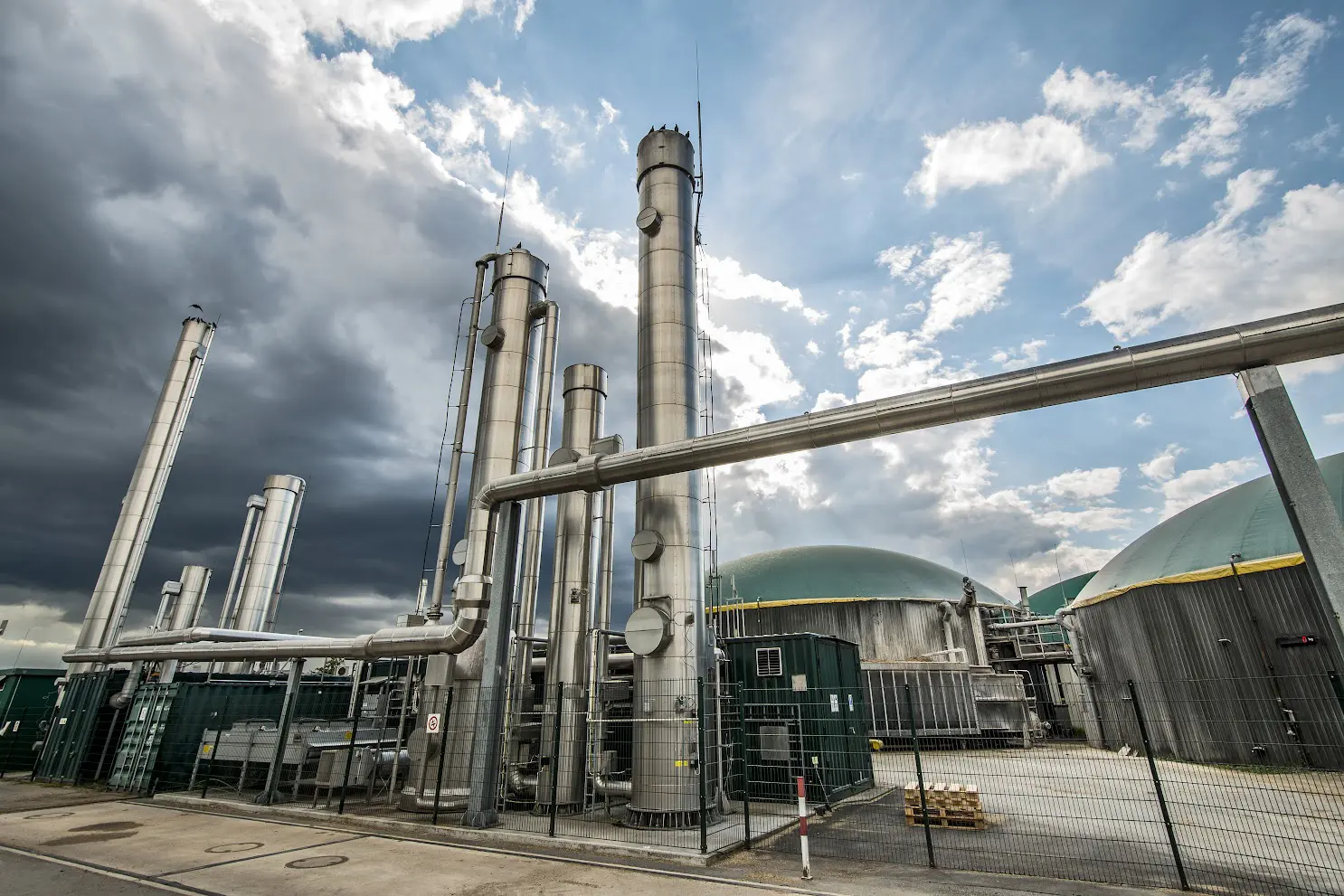Opportunités du Décret Tertiaire : le rôle des Directions Générales et Financières #2

How can companies’ general and financial management turn the constraints of the tertiary decree into strategic opportunities?
The building industry is the most energy-intensive sector in France (44%). The state has taken steps to bring about real change. The tertiary sector decree mandates a reduction in the energy consumption of the French tertiary sector. Although significant financial investment is often necessary, compliance with the Tertiary Sector Decree can also present valuable opportunities. Here’s a closer look at what’s at stake for finance and general management.
The tertiary sector decree in a nutshell
Commonly referred to as the “Tertiary Decree” or the “Tertiary Eco-Energy Decree,” this regulation outlines the implementation details of Article 175 of the ELAN Law (Housing, Planning and Digital Development) enacted in 2018. This article mandates a reduction in the energy consumption of French tertiary premises. Offices, shopping centers, warehouses, hotels, supermarkets, etc. are all targeted.
The tertiary decree sets two types of targets:
– A reduction in annual final energy consumption:40% by 2030, 50% by 2040 and 60% by 2050. This is the relative value method.
– An absolute consumption threshold (in kWh/m²/year), established by decree for each activity category and based on specific performance indicators. This is the absolute value method.
Targets can be adjusted to match the activity in the premises, or if the building’s occupancy or intensity of use changes.
Find out more about the tertiary sector decree: https://www.e-nergys.com/decret-eco-energie-tertiaire-par-ou-commencer/
Leveraging the tertiary decree to create added value
Personnel and financial investments are often necessary to meet the objectives of the tertiary sector decree. If the subject is properly addressed, it can be an opportunity for companies to create added value.
Lower energy bills
First and foremost, lower energy consumption means lower energy bills. With today’s rise in the cost of energy, reducing consumption is not a trivial matter, and helps to improve performance. Aligning your company with the tertiary sector decree also provides a comprehensive view of your assets, offering detailed insight into energy consumption and greenhouse gas emissions, an essential foundation for more effective management.
Enhance the value of your assets and increase the comfort of your building
Complying with the tertiary sector decree also means modernizing our real estate assets. This not only improves occupant comfort (through better control of temperature, lighting, shading, and energy self-consumption), but also increases the building’s competitive edge in the real estate market, particularly in light of the Eco-Energy Tertiary Sector Decree. This rating qualifies the progress made in reducing energy consumption. Energy-guzzling buildings are increasingly being replaced by “green” buildings, which are more energy-efficient, pleasant to work in and enhance the company’s image. In addition to the risk of vacancy, non-compliant buildings will undoubtedly see their value plummet.
Penalties for non-compliance
Lastly, the penalties for non-compliance with the tertiary decree may seem slim. In practice, the “Name and Shame” approach can negatively impact a company’s reputation, diminishing its appeal to customers, partners, employees, and potential recruits. Conversely, embracing an environmental transition strategy strengthens corporate social responsibility (CSR), which is increasingly becoming a key decision-making factor for job candidates—with 58% citing it as an important criterion.
The tertiary sector decree as the starting point for a global strategy
The tertiary decree may seem restrictive, but it can be a powerful tool for transforming and differentiating your business. This requires a global strategy to create added value.
1) Defining a comprehensive energy strategy: identifying all actions required across the entire portfolio, prioritizing key initiatives, and implementing them over several years to achieve the goals set by the Tertiary Sector Decree. This vision is essential to guarantee the efficiency of the work, and optimize its duration and cost.
2) Identifying necessary investments ahead of time and diversifying one’s financing levers (third-party financing, CEE, public subsidies, etc.), in order to maintain one’s investment capacity.
3) Relying on multiple areas of expertise – environmental, digital and financial – to improve performance
Although it is often perceived as a constraint, the tertiary sector decree imposes the need to decarbonize our buildings. It presents an excellent opportunity for managers to enhance their company’s performance and sustainability while taking a concrete step toward their environmental transition.
Let’s talk about your challenges in relation to the tertiary sector eco-energy scheme.
Like to find out more about how E'nergys can help you comply with the Tertiary Decree?




